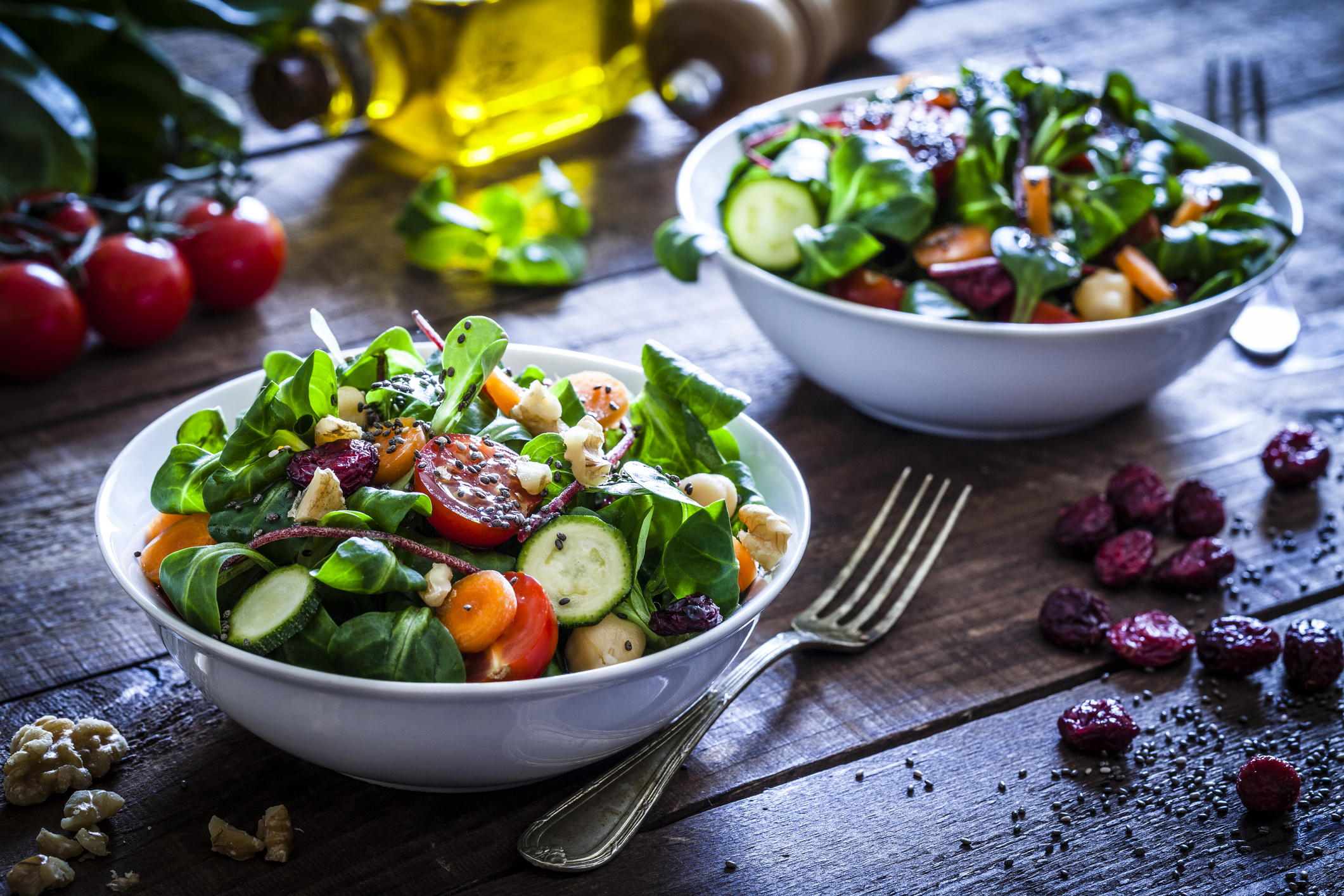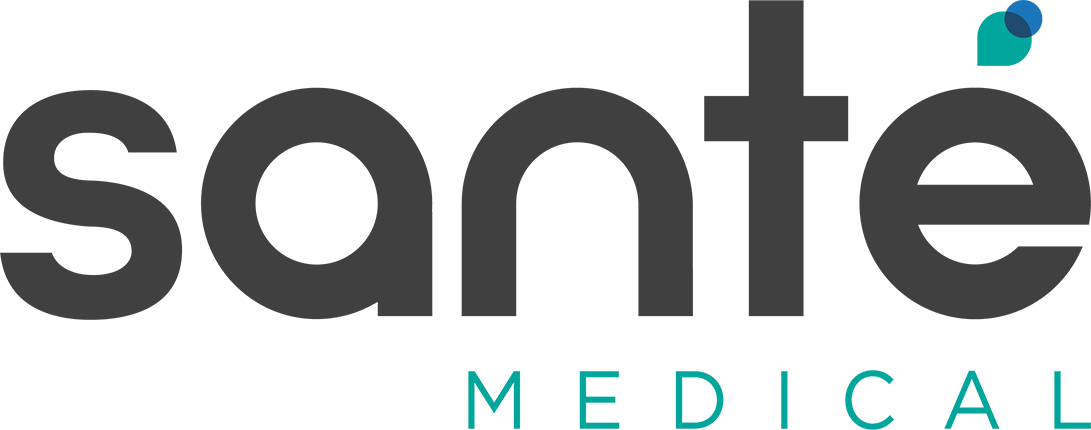
Ever since I first began my university education as a dietitian more than 2 decades ago, I was indoctrinated into the idea that there was a pill or medical procedure for all ailments. In fact, this was one reason decided to I change careers from nutrition and dietetics into the field of medicine back in 2007. I wanted to help people with ‘concrete medical interventions’ that were, I hoped, more effective than diet alone as I’d been doing as a dietitian. I’d been taught that if the patient was developing high cholesterol or high blood pressure or gaining weight, they need to go on a low fat, reduced salt diet to lose weight, improve blood pressure and therefore reduce their cardiovascular risk. Which was fine except for one small problem – this approach rarely worked. To the degree that as a dietitian, and in later years as a trainee GP, I would dread seeing the overweight, diabetic patient because deep down I knew that despite giving my advice to reduce calories and exercise more, they would continue to gain weight and their overall health would slowly but surely decline. But about 2 years ago, this all changed.
I was on maternity leave, with some extra ‘unstructured’ time on my hands. I stumbled across the story of Gary Fettke, the Tasmanian orthopaedic surgeon who was pulled up by AHPRA for giving dietary advice to his patients and I was intrigued to find out more. I clicked through to his website and had a look through at some of his lectures. Instantly, the points he was making made sense. I continued to explore more resources including the Diet Doctor website where the physiology behind the low carbohydrate high fat (LCHF) diet was explained. I was nodding along as I read, because this information made sense from my existing knowledge of human physiology. So on a whim, and struggling with my own post-baby weight, I decided to give the principles a go, even though I was very skeptical. I replaced sugar and refined carbohydrate in my diet with more vegetables and was lenient with natural fats in food. I continued to eat my normal amount of meat, fish and chicken. I added some butter to my veggies, a dash of cream to my full fat greek yoghurt and had cheese and macadamia nuts for snacks between meals. In the first couple of days I felt strange. I wasn’t able to do my usual running, I was absolutely constipated to the hilt and I would have bouts of shakiness and intense hunger. But I stuck to my ‘experiment’ and after a few more days I was amazed to find I was feeling much better and I had more energy than I could ever remember. My hard-to-shift baby weight was falling off me and I was enjoying my meals and feeling satisfied after eating. How could this be? Like many health professionals before and after me, this personal experience sprouted an almost insatiable desire to consume every article, book and research paper I could get my hands on about the history of nutrition science. I came across material I hadn’t learned about in my Nutrition and Dietetics degree. I was trying to come to terms as to how the nutrition message we provide to patients had gotten so off-track. I was surprised at how biased and one-sided the education I had received during my dietetics degree was (my medical degree had barely even touched on the topic of nutrition!). And simultaneously, I realised the immense power a whole foods diet could have improving my own health. I was sure the same would apply to others.
After further research to satisfy myself that this was a safe approach, I started to recommend LCHF diets to select patients with some remarkable results. What was also interesting was I came to realise the limitations of this approach. It certainly wasn’t a panacea for everyone. This realisation led to me to investigate the nuance of other lifestyle measures we as GP’s discuss with patients everyday. One other example of this is with regards to exercise. My long held view (and as a youngster who competed in triathlon and cross country), was that more training is better and you really need to push yourself to do better athletically. Except in my case, this prompted intense fatigue and niggly recurrent musculoskeletal problems (for me, ITB friction syndrome). Countless visits to physiotherapists, podiatrists, cortisone injections by sports physicians, MRI’s later, I was frustratingly unable to train and compete the way I wanted to and knew that I was capable of. Recently however, I discovered the beauty of slowing down with running and being more strategic with higher intensity intervals and resistance training. Using this new approach, I completed my first half marathon in over a decade in a fairly respectable time (sub 1hr 55min) and without being bothered by my recurrent ITB problem (and now with 3 tiddlywinks under the belt and managing a demanding job!).
Holy Dooley!, I thought. I’ve learnt so much about diet and exercise (not to mention sleep and stress management) over the past few years. Pretty much none of which I learned in either my Dietetics or Medical degrees or my ongoing medical training. I’ve learnt that optimising these elements can have far more potent and lasting effects than any medication, low calorie meal plan or cortisone injection. I thought, “I’d really like to share this information with as many people as possible”. And hence, the Sante Medical practice and website were born.
So, I’d like to welcome you to Sante Medical! Sante is a French word for ‘good health’ and this is exactly what I’m trying to bring to as many people as I possibly can. Through these posts, I’ll try to share as many tips and tricks that I possibly can so you can improve your health using lifestyle measures. And you can start whenever you are ready. Let’s try and minimise multiple prescription medications, doctors and surgeries. This is because good health happens outside of your doctor’s surgery. It happens in the hundreds of little decisions you make every day which look pretty meaningless when you consider them in isolation. But added together, they can have a profound effect on your health and quality of life. For those who are after extra one on one support, you’re welcome to see me at my practice in Brisbane. If you’ve heard about LCHF diets and are keen to give it a try but you take prescription medication, I can help you navigate this safely. I’m in contact with several other health providers across a range of specialties and disciplines who are on a similar page to me about health and lifestyle and I can put you in touch with them as you need it. We’ll be holding regular seminars, cooking demos and other fun activities. Welcome aboard and I look forward to helping you improve your health!



